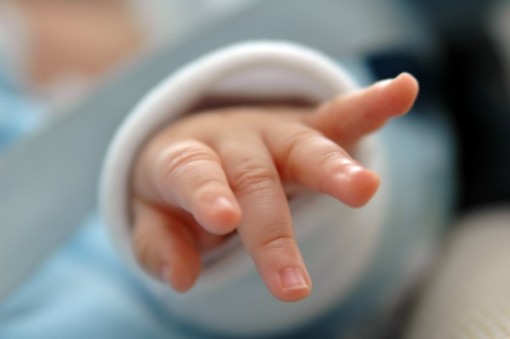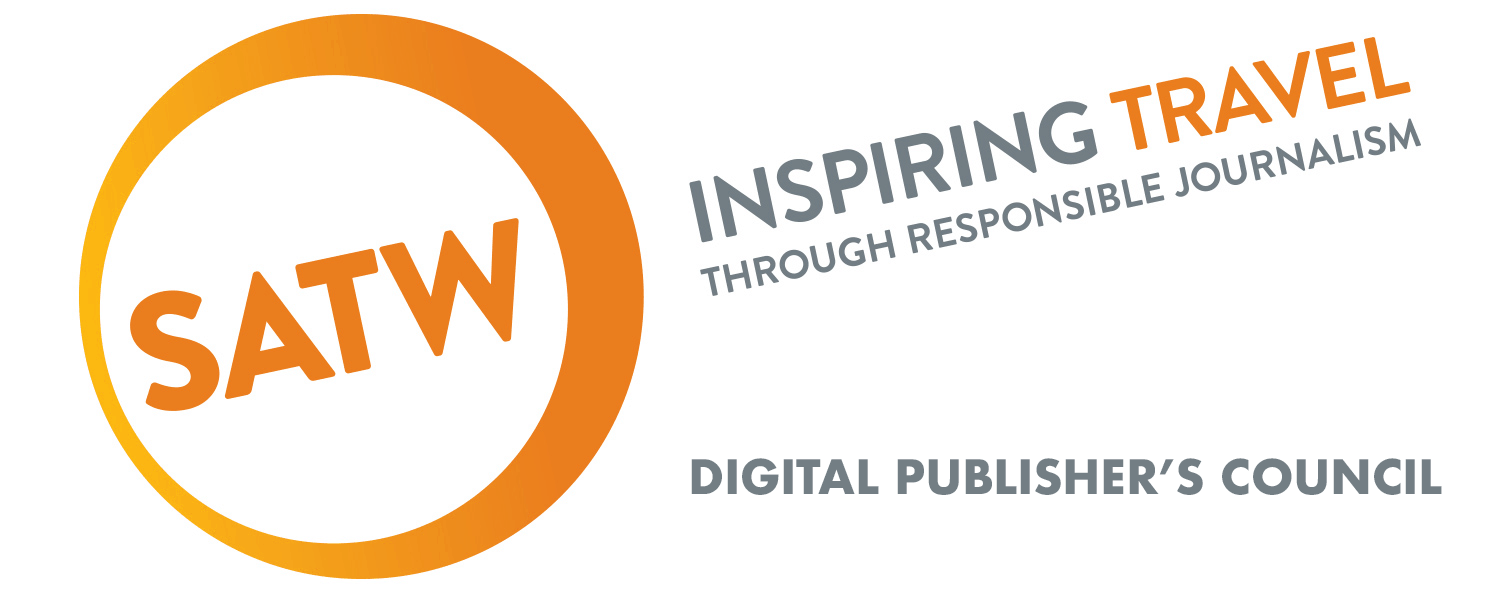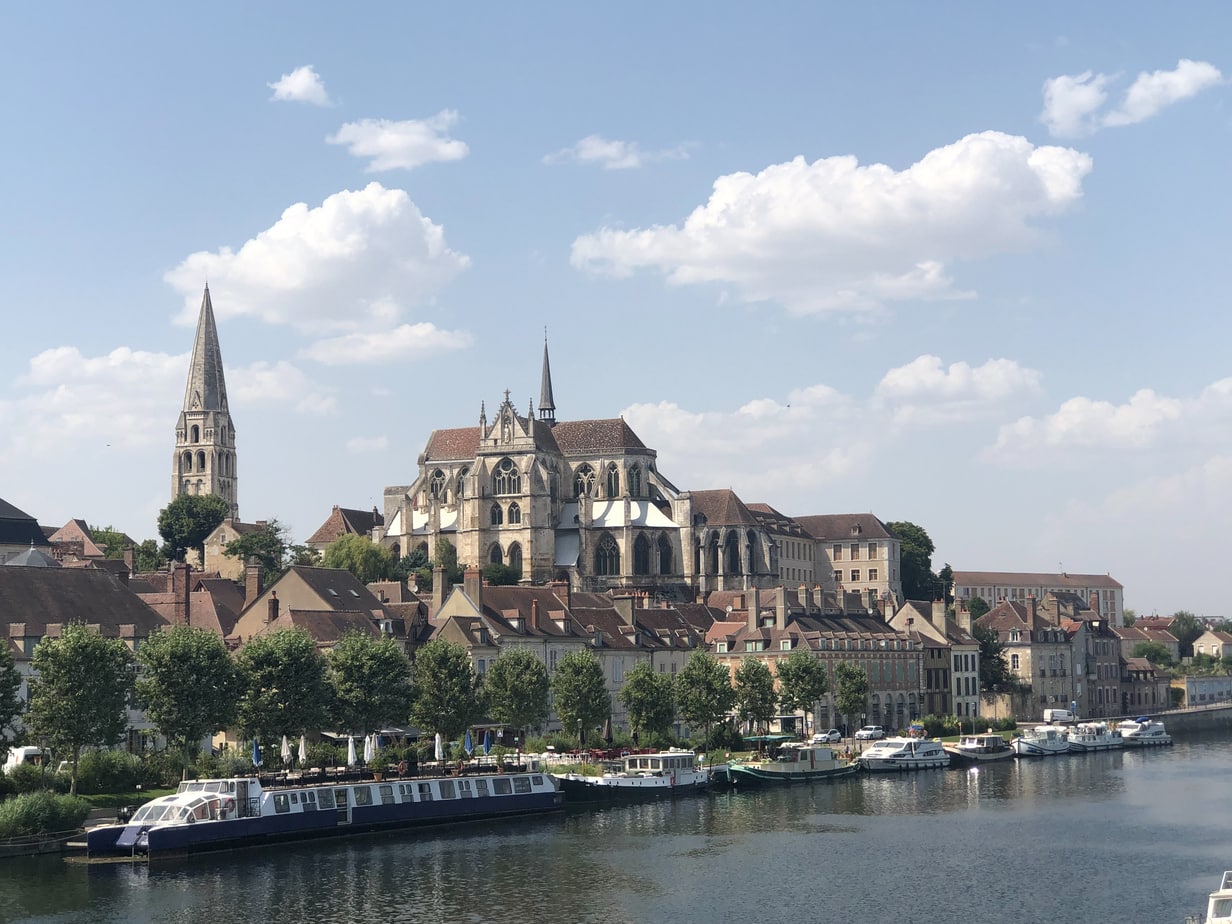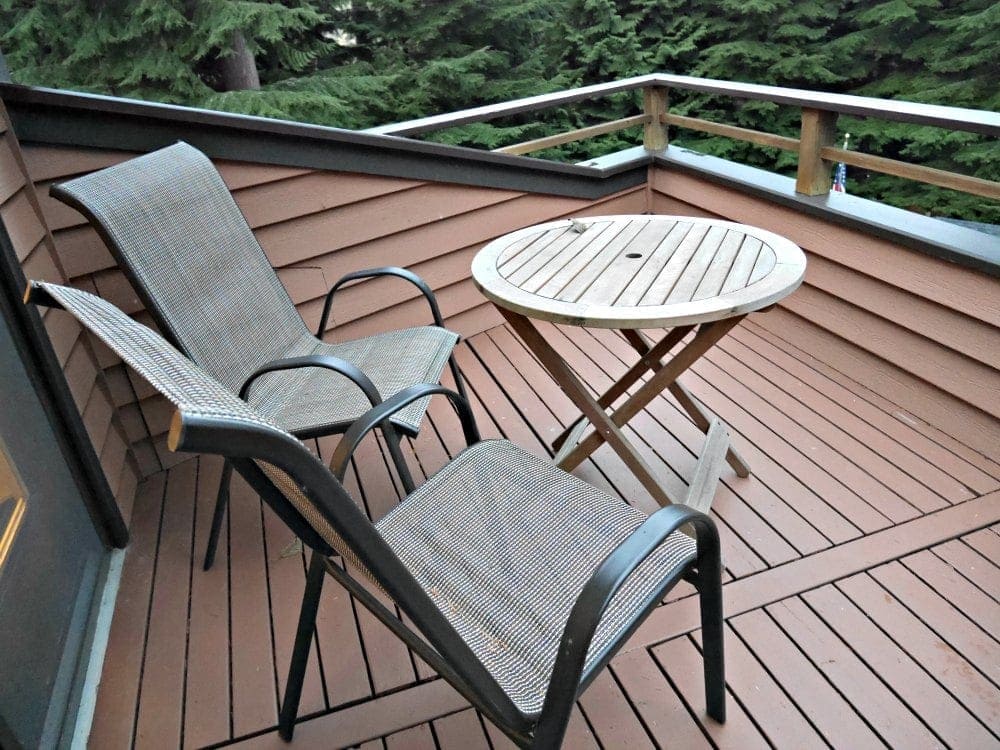It may have been a long time since you’ve traveled with a newborn, or perhaps you never have at all. I hope these tips from today’s guest blogger will give you the tools to need to take on this travel opportunity.
1. Bring your own formula and diapers.
You shouldn’t rely on being able to buy what you need when you get there, particularly if traveling outside of the U.S. By now you probably have your own preferred diaper, and your baby has become accustomed to the formula you have at home. Traveling is stressful enough without a hungry baby and blowout diapers. Also, do the math to calculate how much you’ll need (formula and diapers) and add 20% to it. Strangers and unfamiliar places make babies uncomfortable, and when they’re uncomfortable, the metabolism can speed up.
2. Pack and carry on a diaper bag with an extra day’s supply of everything you’ll need or might need to keep your baby happy.
At a minimum, this should include:
- Diapers and wipes (of course).
- Extra outfits and pajamas. You never know when you’ll need those.
- Pacifiers in easy-to-reach pockets. On a crowded plane or taxicab, you’ll want these within reach.
- Pre-mixed liquid formula, or pre-measured formula and a bottle of water. These you might have to skip if you’re flying from a U.S. airport.
- Bottles, nipples, and bottle caps.
- Ziplocs or plastic bags for stashing dirty diapers.
- Burp cloths and a small receiving blanket.
- Diaper rash cream, baby Tylenol, Orajel, and saline drops.
3. Pacifiers with pacifier clips.
You’ll pack extra pacifiers, of course, but nothing saves a trip as much as a good pacifier clip. This keeps the pacifier from falling onto counters, floors, and other potentially unsanitary surfaces out there in the world. I put one pacifier in every suitcase and carry-on, one in my wife’s purse, and one in my own pocket. By the end of the trip, I’ve usually needed every one of them!
4. Bring something portable your baby can sleep in.
A Pack-N-Play is the safest option, but also one of the bulkiest. Small, portable swings might also be an option. One of the best choices, however, is a stroller. Airlines and other transportation providers are usually friendly towards stowing these, though you might have to check them. A stroller is multi-functional in that it lets you push your baby around, offers some protection from sunlight and strangers, and can be a soft, comfy place to sleep.
5. Remember car seat safety.
Lots of hotels and travel companies offer you a free shuttle to or from the airport. However, a car seat might not be available there, and it certainly won’t be if you don’t request it with plenty of advance notice. Call the company at least a week ahead of time to find out. Worst case scenario, you’ll need to pack your own so that you can travel, legally and safely, in any vehicle.
6. Leave small, easy-to-lose items at home.
On the top of my list are socks and shoes for babies who can’t crawl or walk. These are most likely to be kicked off at the most inconvenient time possible. You’re better off dressing him in a one-piece, button-up onesie with footies to keep his feet warm. Small toys and favorite stuffed animals, if you must bring them, should stay in the suitcase as long as possible. Bring extras of small things that often get left behind, like bottle caps and nipples.
7. It’s a germ-filled world out there.
Your baby will be in small, enclosed spaces with lots of strangers, not all of whom are as germ-conscious as new parents. There are also counter tops, hand rails, door handles, and other places where many, many hands have been. You touch one, then you touch your baby, and it’s like a hundred people touching your baby. Speaking of which, beware of the effect that cute babies have on ordinary people. Complete strangers will come up and want to touch your baby’s face or toes. Some people just don’t realize it. Try to prevent this when you can (I like to tell people that my baby is “just getting over a cold”) and have hand sanitizer within easy reach. Nothing will ruin your trip as quickly or completely as a sick baby!
8. Plan for safety and comfort for your baby.
You’ll be in a different environment, away from your nicely child-proofed home. Traveling with babies is stressful. You can mitigate that by planning things in advance: who’s going to carry the baby? What happens if one parent gets separated? Will there be cold or hot weather that we should plan for? Think about these things in advance, and be ready. Talk to your traveling companions (family or friends) ahead of time, too, and ask them for help.
If this is your first trip with your baby, it might be rough. Even so, the first time you take your baby into the wider world will be a priceless memory. Make sure you bring the camera!
About the Author: Dan Koboldt is a father of three and the author of Get Your Baby to Sleep, a blog about establishing good sleep habits, soothing techniques, and teaching babies to sleep through the night.
Photo credit: SXC



![51 Things to Do While Self-Isolating from the Corona Virus [with resources] Airplane interior](https://www.travelingwithmj.com/wp-content/uploads/2020/03/airplane-interior.jpg)


